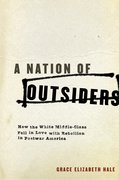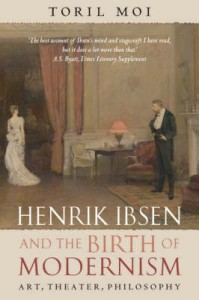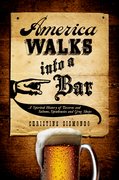So you want to be a rebel?
After 1951, if a person wanted to be a rebel she could just read the book. Later there would be other things to read—Jack Kerouac’s On the Road, Eldridge Cleaver’s Soul on Ice, and Sylvia Plath’s The Bell Jar. But J. D. Salinger’s The Catcher in the Rye was the first best seller to imagine a striking shift in the meaning of alienation in the postwar period, a sense that something besides Europe still needed saving.















